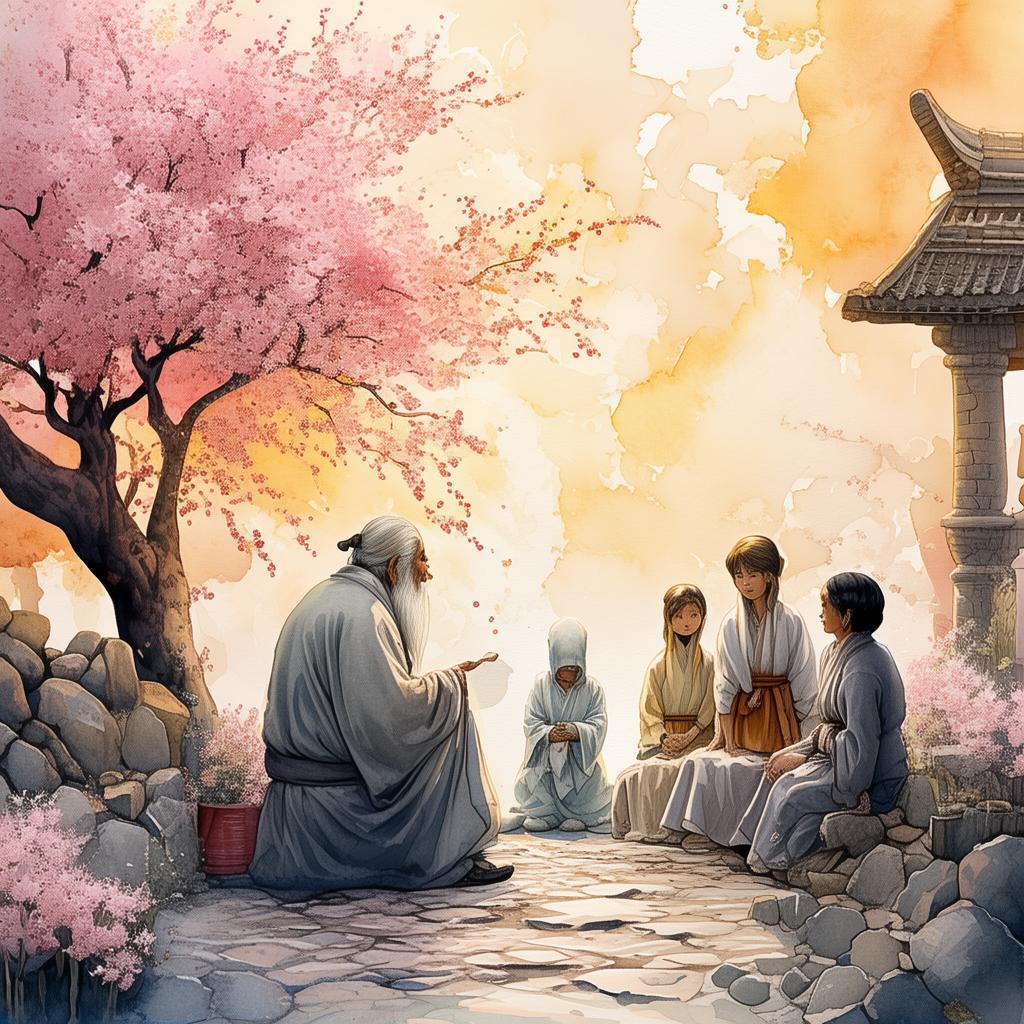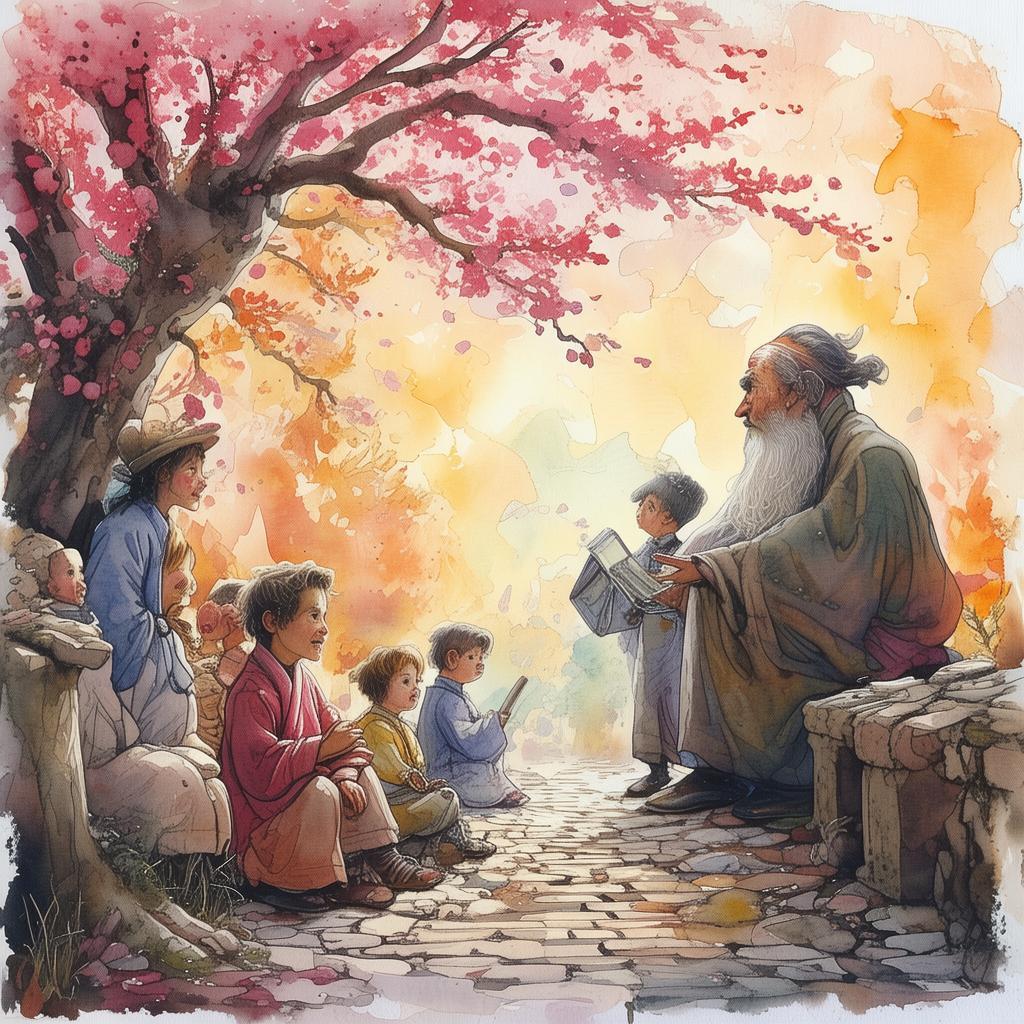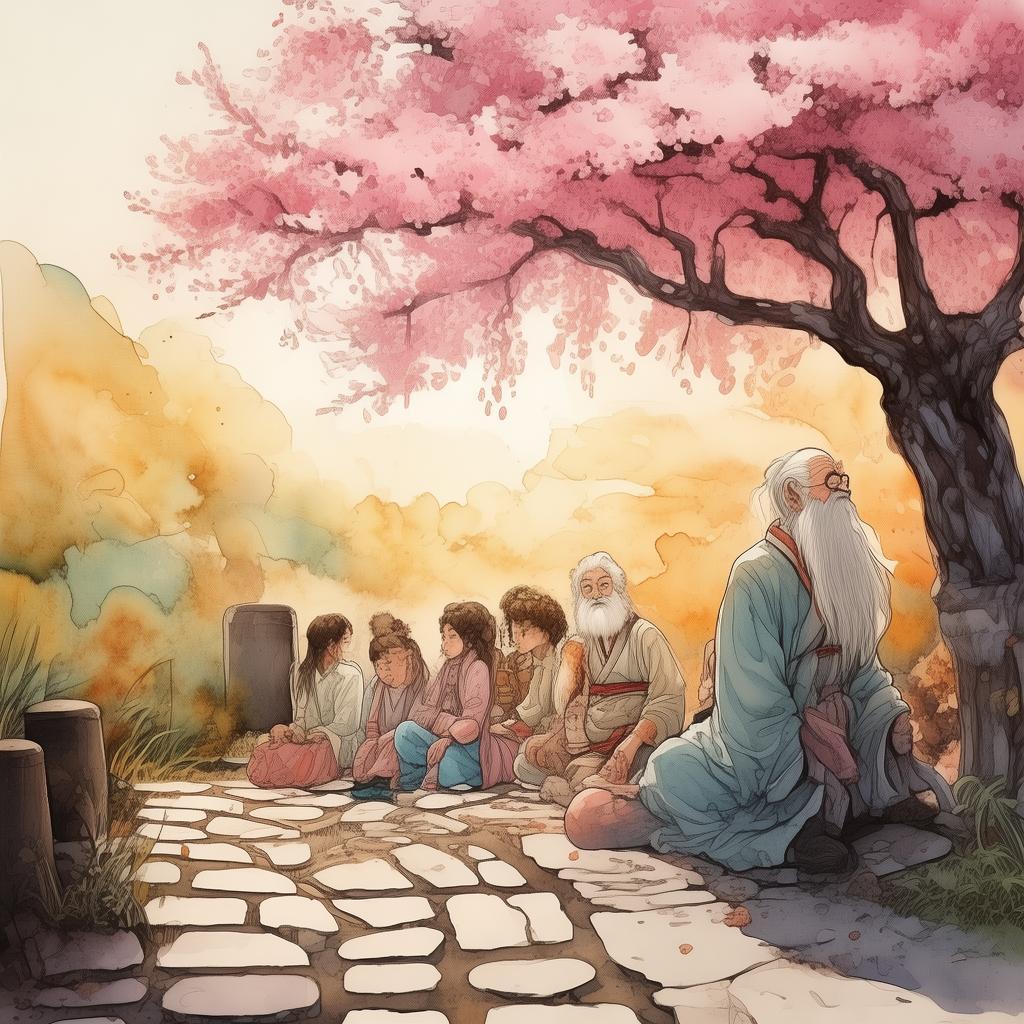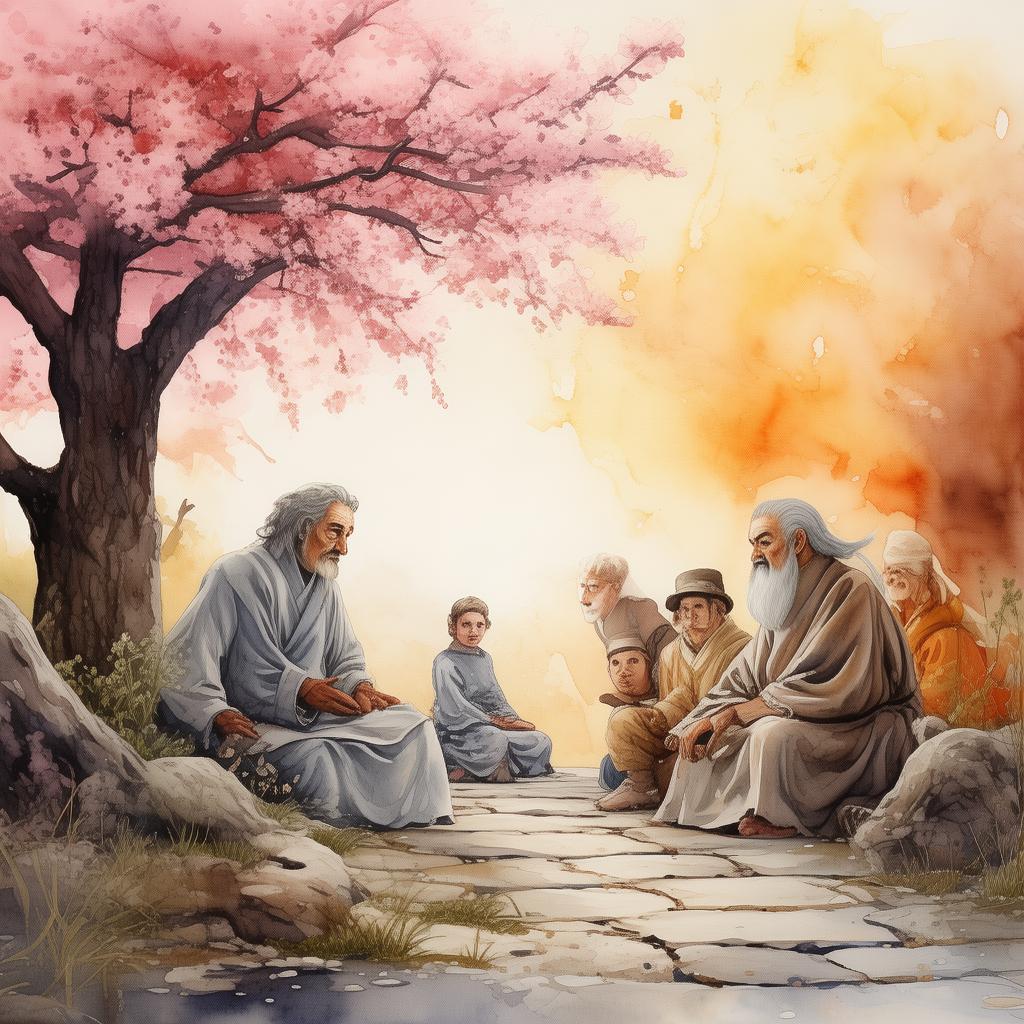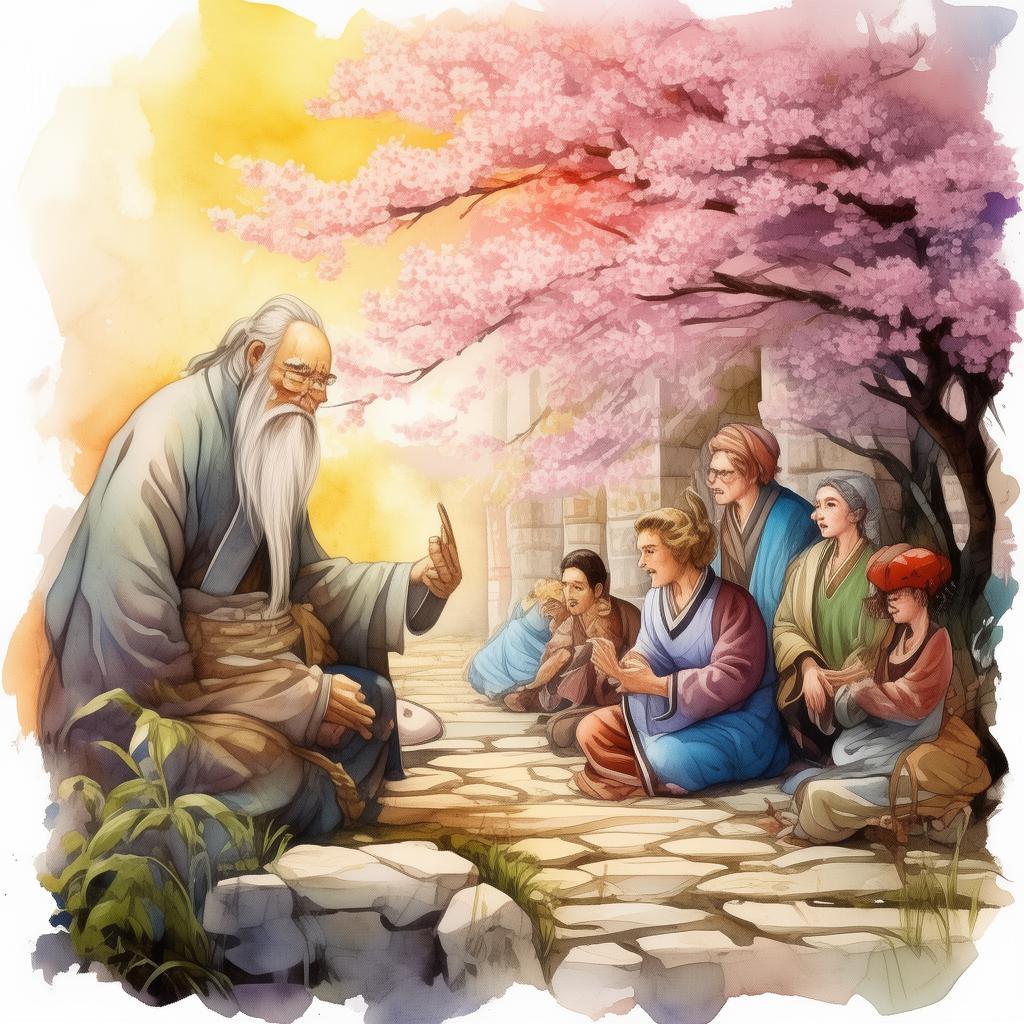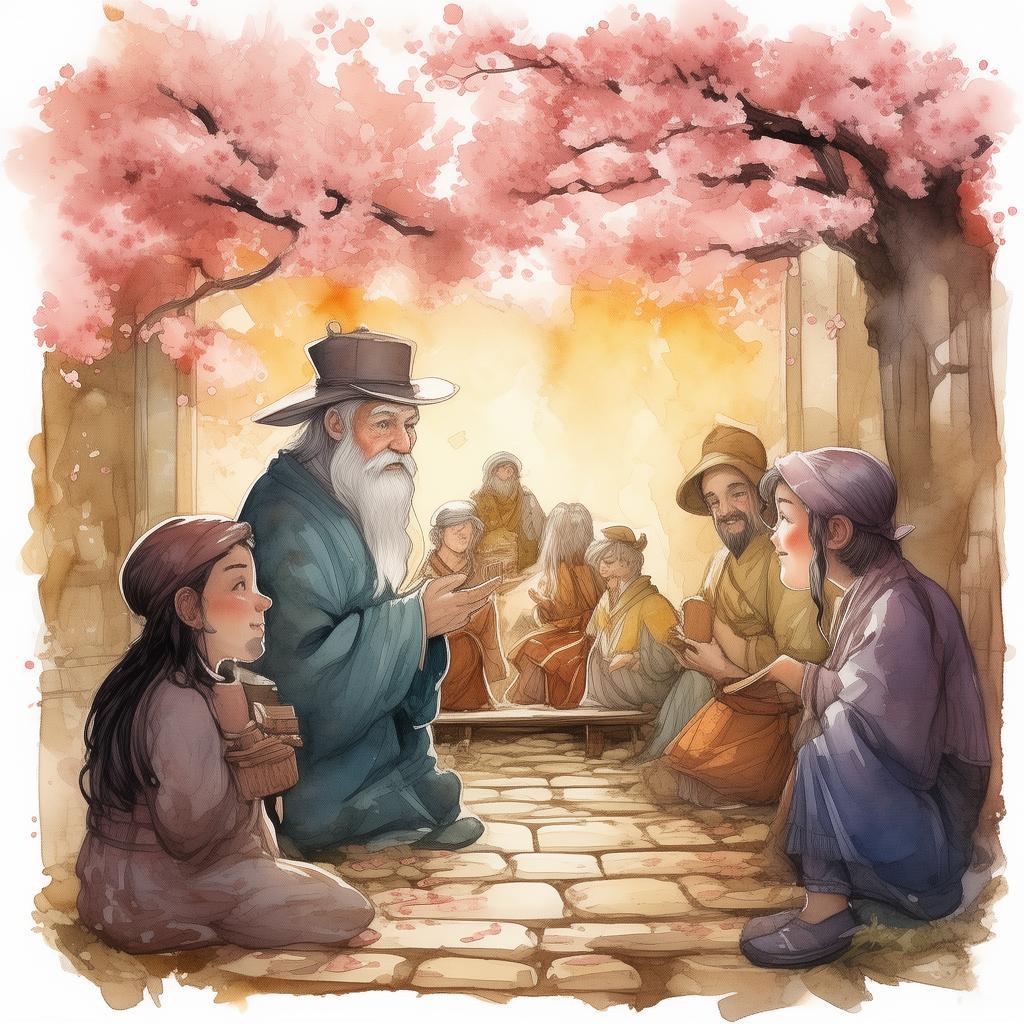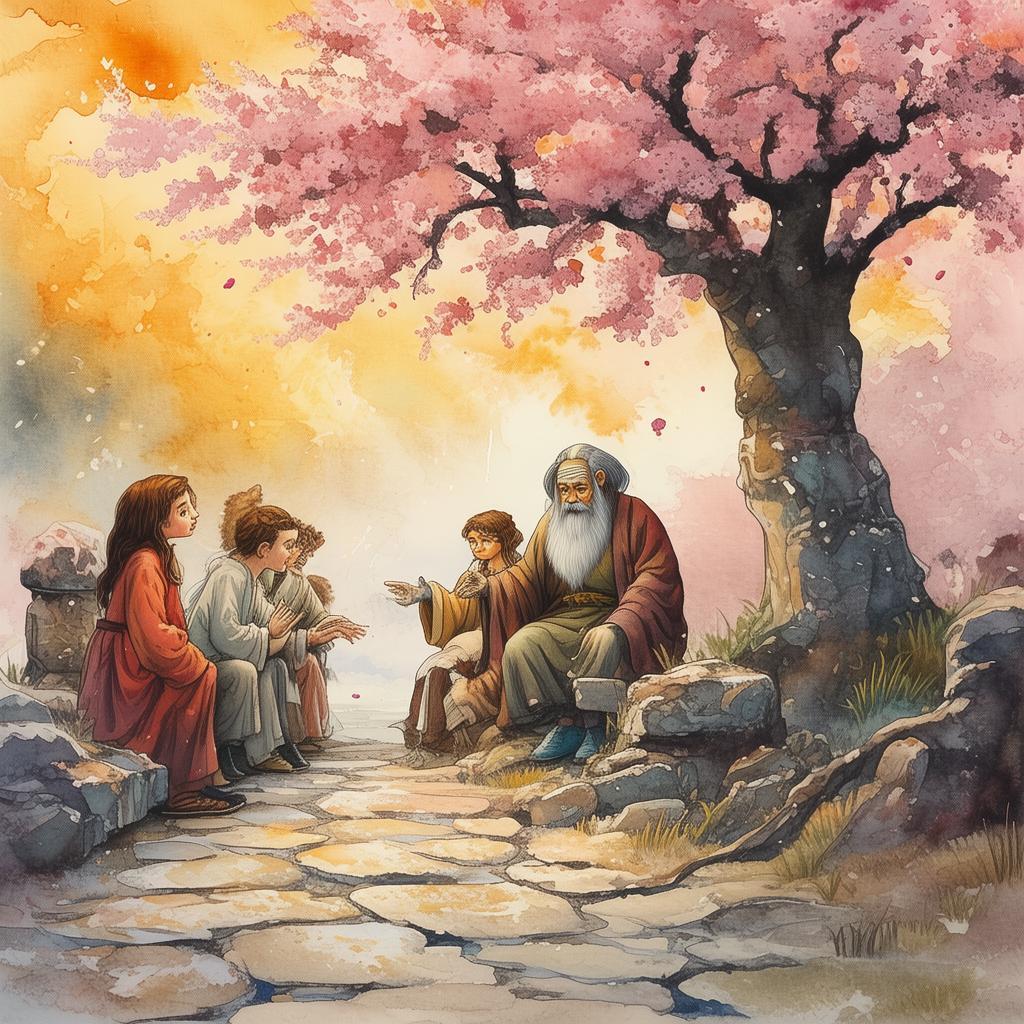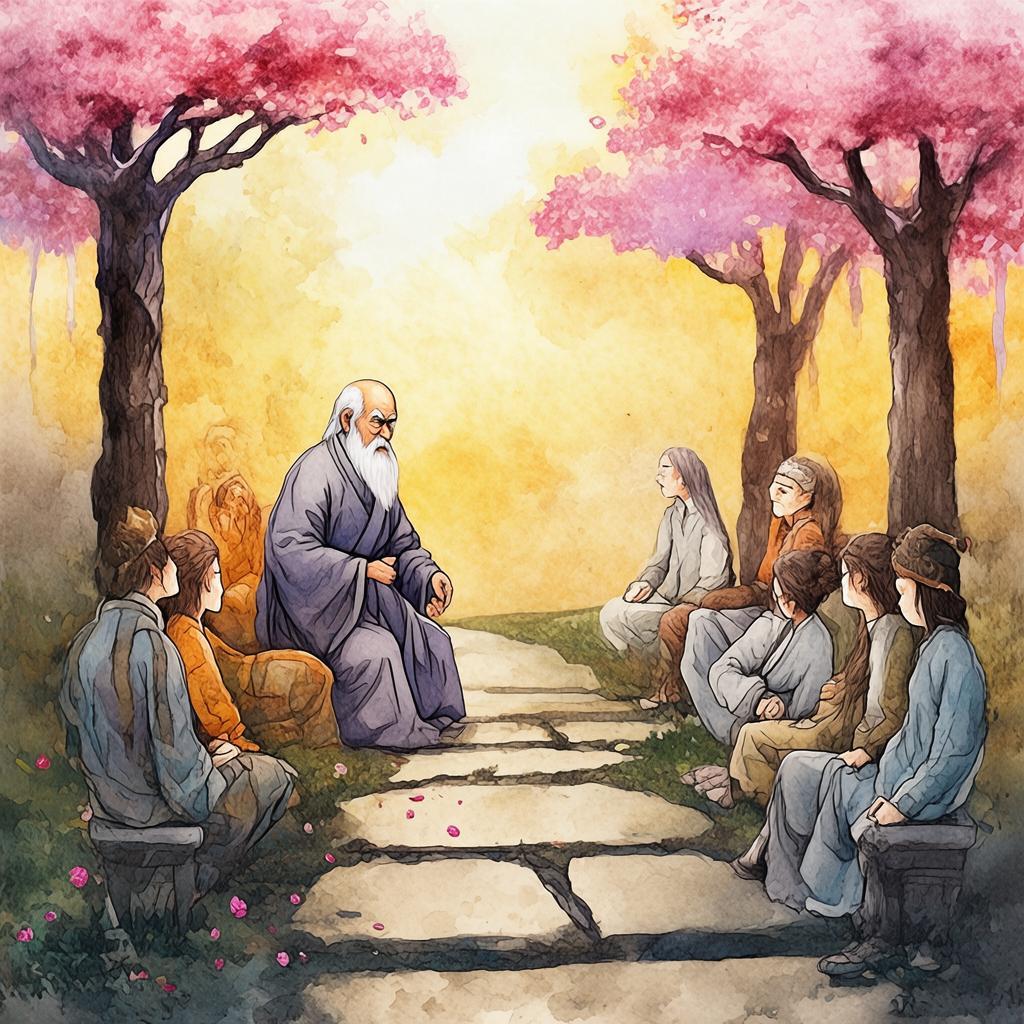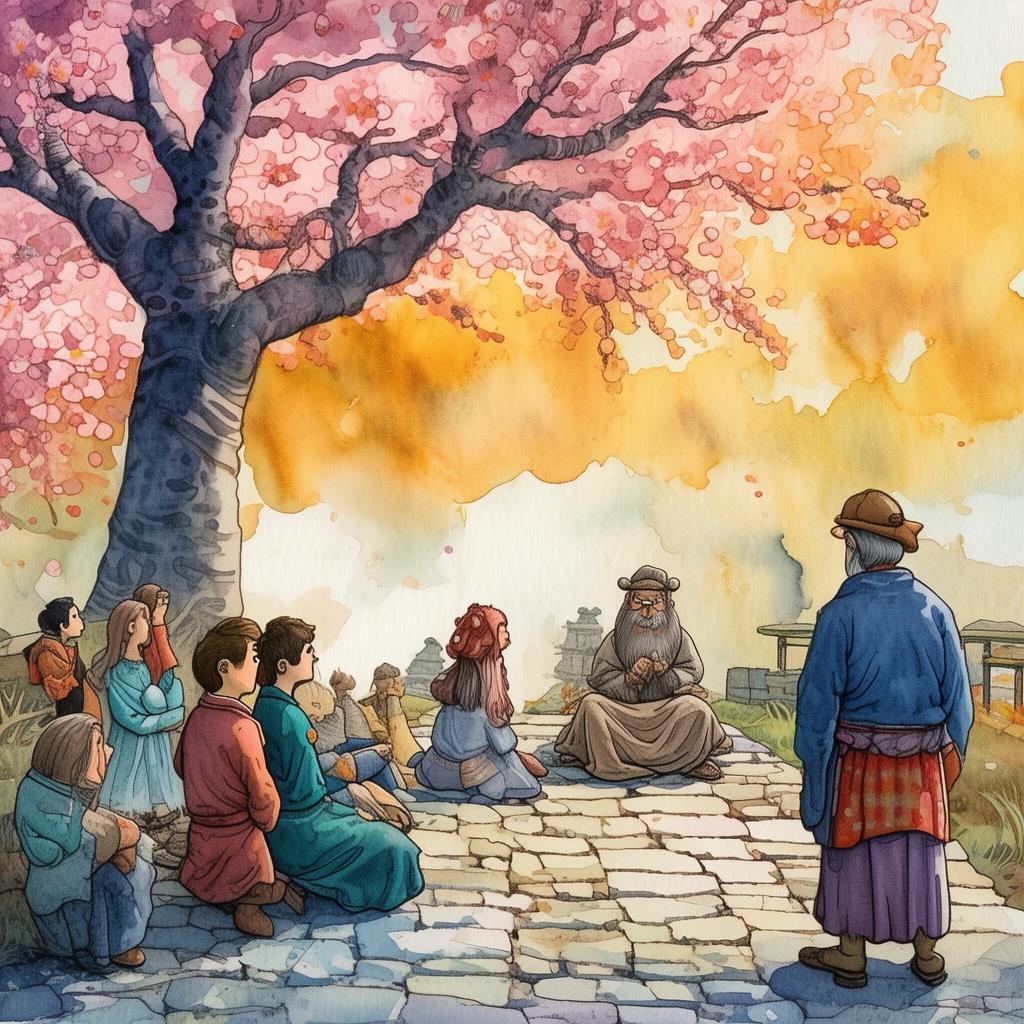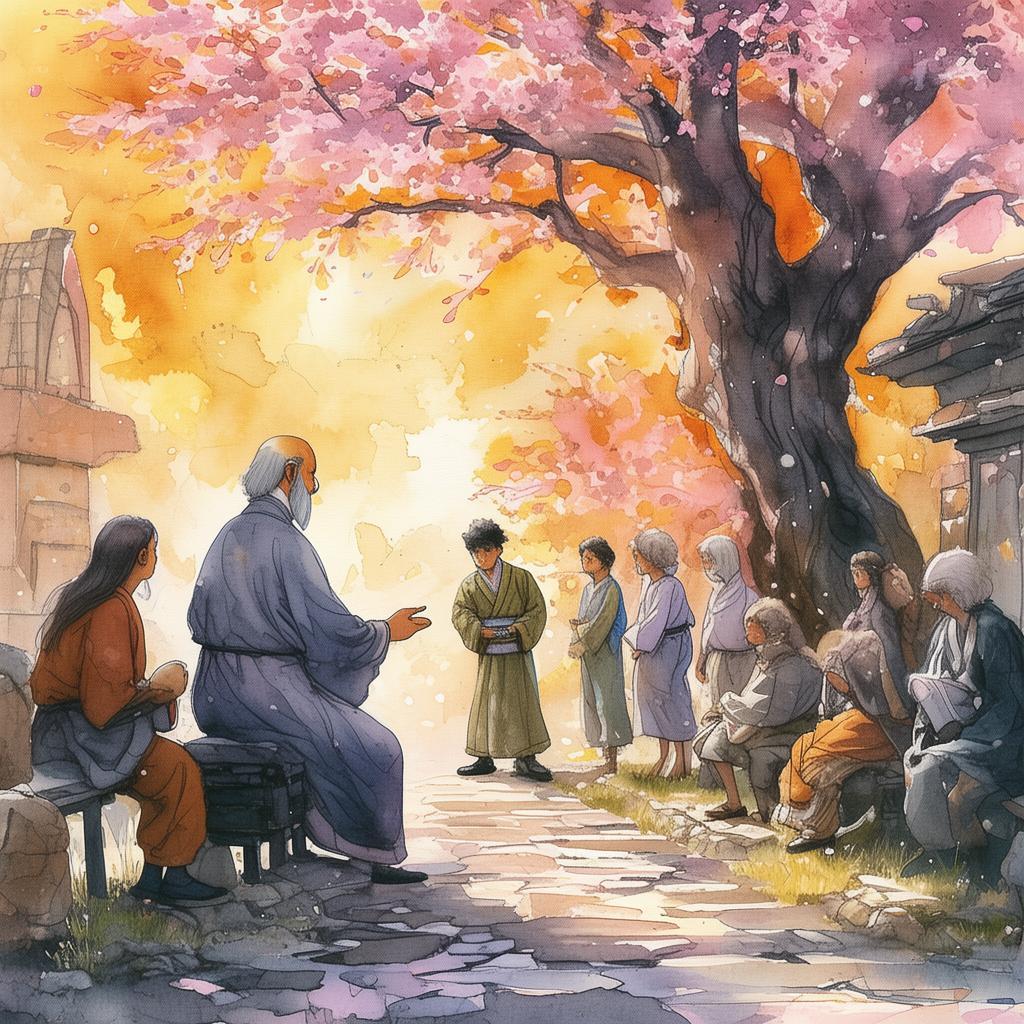The Harvest of Temptation: The Parable of the Premature Reap
In the serene village of Longxing, nestled between rolling hills and a clear blue river, there lived a farmer named Liang. His fields were renowned for their bountiful harvests, and his crops were as lush and green as the leaves of the ancient trees that lined the path to his home.
Liang was not just any farmer; he was known throughout the village for his exceptional skill in nurturing his crops. His hands were a testament to his trade, calloused from the daily toil, yet gentle with the earth. The villagers often gathered at his field to watch him work, marveling at his knowledge of the soil and the rhythm of the seasons.
One year, as spring gave way to summer, Liang's fields were a sight to behold. The rice was taller than a man, and the corn stood in perfect rows, their tassels swaying in the gentle breeze. The villagers whispered of the great harvest that was to come.
Liang, however, was not content with waiting for the natural cycle of the harvest. He was a man of ambition and avarice, and the thought of a bountiful crop filled him with a greed that he could not suppress. He began to scheme, dreaming of the wealth and prestige that a premature harvest would bring.
One night, as the moon hung low in the sky, Liang visited the village elder, a wise man named Master Wei. "Master Wei," he began, his voice tinged with desperation, "I have a dream of reaping my crops before the time. I fear that the gods will be angry, but my greed is too strong."
Master Wei listened intently, his eyes reflecting the wisdom of years. "Liang," he replied, "the gods are not to be trifled with. The harvest is a gift from the earth, and it comes in its own time. Premature reaping is the act of greed, and it will bring misfortune."
Liang, however, was not swayed by the elder's words. He sought the aid of a sorcerer, a man of dark arts and hidden knowledge. The sorcerer agreed to cast a spell that would allow Liang to reap his crops early.
The next morning, as the sun began to rise, Liang, with a heart full of anticipation and a stomach full of trepidation, went to his fields. With the sorcerer's aid, he cut down the rice and corn, leaving them to wither on the ground.
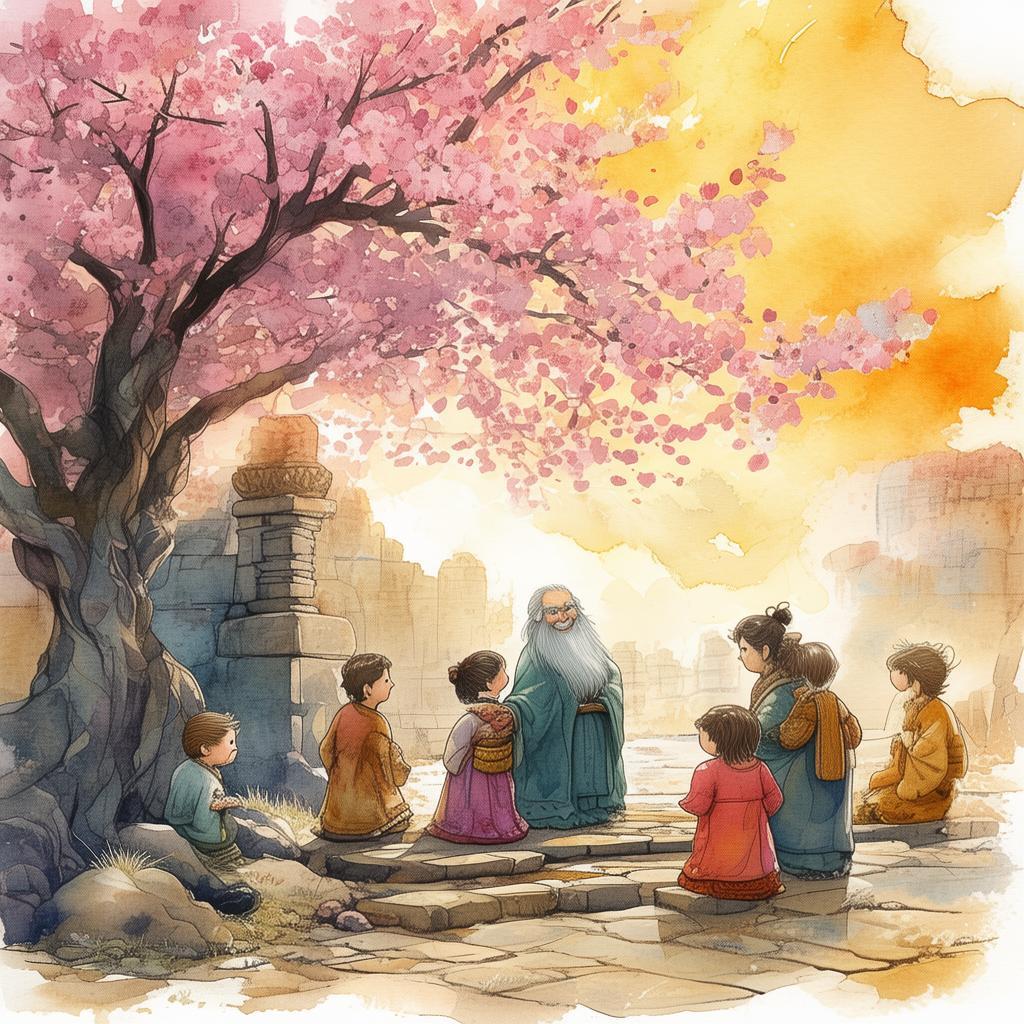
As the days passed, the villagers noticed that Liang's crops were not growing. They whispered among themselves, speculating about the sorcerer's spell and Liang's greed. But Liang remained silent, his face a mask of smug satisfaction.
One evening, as the sky darkened, a storm rolled in. The winds howled, and the rain poured down in torrents. The villagers ran to their homes, but Liang, still in his field, watched in horror as the storm destroyed his crops. The sorcerer's spell had not protected his harvest from the natural elements.
The next morning, when the storm had passed, Liang went to his field. His heart sank as he saw the devastation. The rice lay on the ground, moldy and rotting. The corn stood in ruins, their ears stripped of kernels by the wind. The once lush fields were now a barren wasteland.
The villagers gathered around, their eyes filled with compassion and disbelief. "Liang," Master Wei said gently, "you have learned a costly lesson. Greed and impatience will always bring disaster."
Liang's face was etched with sorrow and regret. "I know," he whispered, his voice filled with self-reproach. "I have been blind by my desire for wealth and prestige."
The villagers, moved by Liang's humility, offered to help him replant his fields. They worked together, and with the passing of time, Liang's fields began to grow again. But this time, he approached the harvest with patience and respect for the natural cycle of the earth.
The next year, Liang's fields were once again a sight to behold. But this time, his harvest was not a result of greed or haste. It was a testament to his growth, his understanding that true wealth comes not from the earth but from the heart.
The story of Liang spread throughout the village, a parable of the dangers of premature gratification and the virtue of patience. And so, the saying "The harvest of temptation is the fruit of ruin" became a cautionary tale for generations to come.
✨ Original Statement ✨
All articles published on this website (including but not limited to text, images, videos, and other content) are original or authorized for reposting and are protected by relevant laws. Without the explicit written permission of this website, no individual or organization may copy, modify, repost, or use the content for commercial purposes.
If you need to quote or cooperate, please contact this site for authorization. We reserve the right to pursue legal responsibility for any unauthorized use.
Hereby declared.
